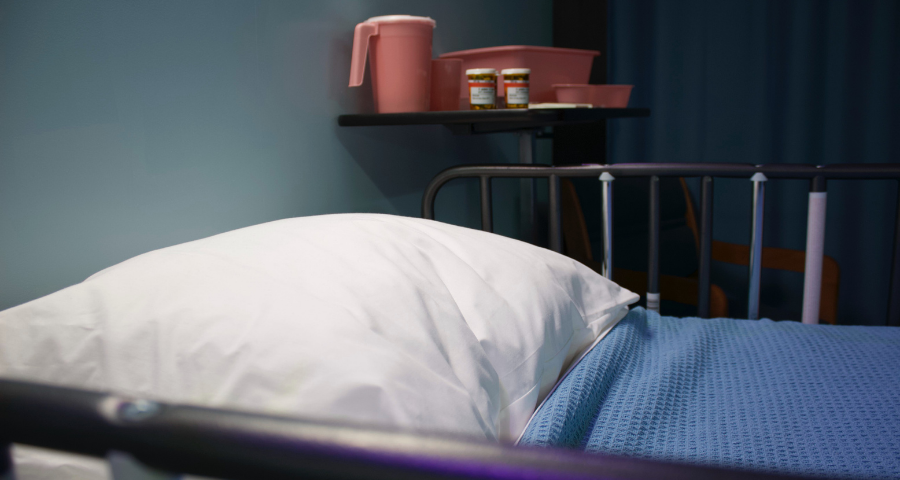
A scoping exercise has been carried out by the Scottish Government to establish the number of residential rehabilitation beds for people with drug or alcohol problems that were operational in Scotland in 2019/20.
The mapping exercise found a total of 365 residential rehabilitation beds among 18 facilities, with around 100 of these beds estimated to be taken up by those resident outwith Scotland during 2019/20.
Residential rehabilitation was defined as facilities offering programmes which aim to support individuals to ‘attain an alcohol or drug-free lifestyle and be re-integrated into society, and which provide intensive psychosocial support and a structured programme of daily activities which residents are required to attend over a fixed period of time’.
Key findings of the report include:
- The majority of residential rehab facilities in Scotland are provided by the third sector, with relatively few provided by private or statutory providers. Across these facilities, around half (48%) of the beds/places were provided by third sector organisations, around a third (33%) by private companies, and a small minority (6%) by statutory providers.
- The majority of facilities have a waiting list for their services, ranging from a few days to a year.
- There is wide variation in the range of services, the length of programmes and associated costs across these facilities. Weekly costs ranged from £335 per-person per-week (pppw) to £3,489 pppw, with an average of £902 pppw.
- Residential rehabilitation placements are funded in a number of ways. For the thirteen facilities for which data was available, self-funding contributed over a third (36.8%) of placements in 2019/20. Around a quarter (27.4%) were funded by Social Security payments and charitable funding, while private insurance was used to fund around one in five (22.0%) places. Alcohol and Drug Partnerships (ADPs) funded little more than a tenth (13.2%) of those accessing beds across the surveyed facilities.
